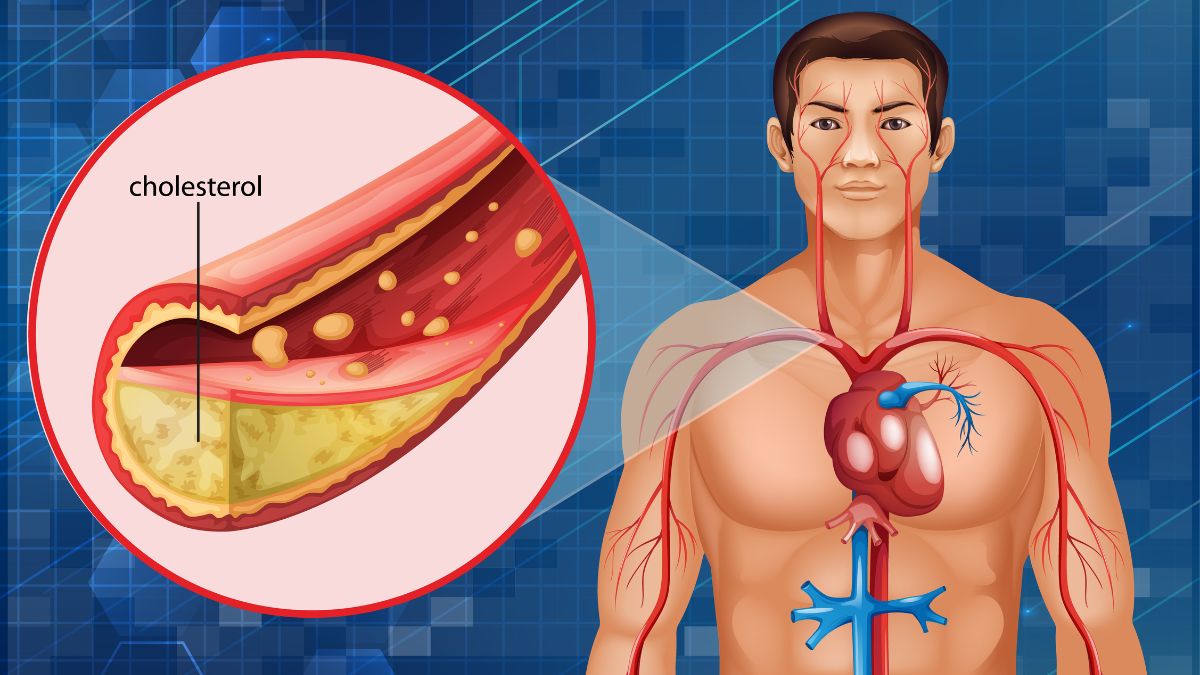
Habits Blocking Your Arteries: Are You at Risk?
Our arteries are essential for maintaining heart and body health, as they transport oxygen-rich blood throughout our system. However, certain everyday habits can quietly hinder their function, leading to serious health issues. Understanding and addressing these habits is crucial for everyone, especially in a health-conscious society like India.
One significant contributor to arterial blockage is the consumption of packaged snacks and fast food. These products are often high in trans fats, sodium, and preservatives, which can raise cholesterol levels and lead to plaque buildup. As arteries narrow over time, blood flow becomes restricted, increasing the risk of heart disease.
Another everyday habit that poses a threat is excessive sugar intake. Foods like sweets, sodas, and desserts not only contribute to obesity and diabetes but also damage the inner lining of arteries. This damage facilitates cholesterol deposits, which can harden and obstruct blood circulation over the years.
Smoking is a well-known risk factor for heart disease. Cigarette smoke contains harmful toxins that can injure arterial walls, making them sticky and prone to plaque accumulation. Furthermore, nicotine reduces oxygen levels in the blood, forcing the heart to work harder. Secondhand smoke is equally dangerous and can significantly elevate the risk of arterial blockage.
Stress is another silent killer. Elevated cortisol and adrenaline levels from constant stress can lead to high blood pressure and inflammation. This damages the endothelium, the lining of our arteries, creating a favorable environment for cholesterol deposits. Stress-induced behaviors, like overeating or smoking, further exacerbate this issue.
Sleep patterns also play a significant role in arterial health. Poor or irregular sleep can disrupt metabolism and raise blood pressure. Sleep deprivation is linked to obesity and insulin resistance, which are major contributors to arterial plaque buildup. Aim for 7–8 hours of restful sleep each night to help maintain a healthy heart.
While moderate alcohol consumption might not pose risks, heavy drinking can elevate triglyceride levels and blood pressure, weakening artery walls and leading to fat deposits. Regular binge drinking is detrimental to cardiovascular health and should be avoided.
In conclusion, becoming aware of these habits is the first step towards better heart health. By making conscious choices and prioritizing a healthy lifestyle, we can protect our arteries and reduce the risk of cardiovascular diseases in our lives.











